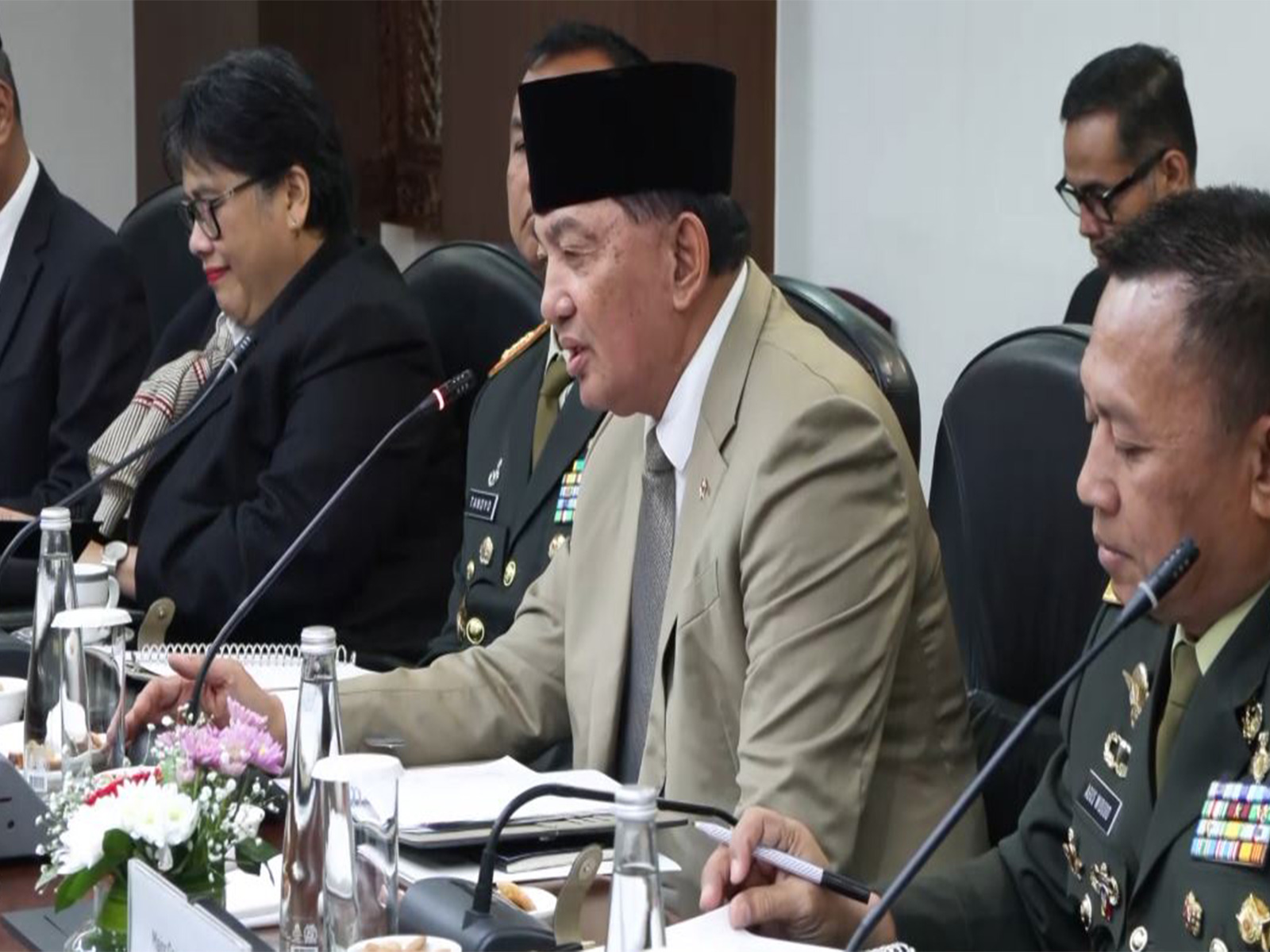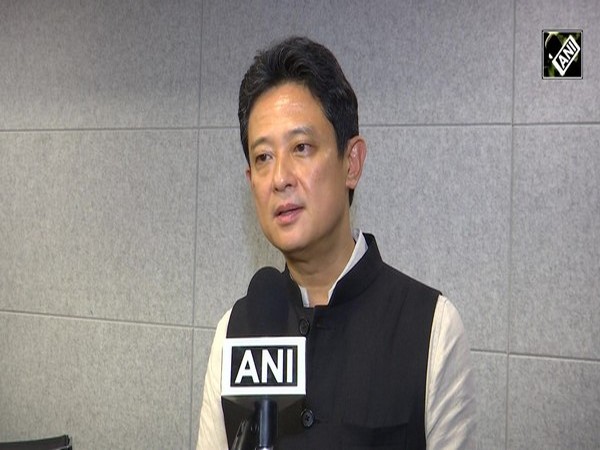
UAE announces approval of National Encryption Policy, issuance of executive regulation
Nov 27, 2025
Abu Dhabi [UAE], November 27 (ANI/WAM): The United Arab Emirates announced the approval of the National Encryption Policy and the issuance of its executive regulation, which calls on government entities to develop clear, well-defined, and officially approved transition plans from traditional encryption methods to post-quantum cryptography.
The step aims to support a safer and more technologically prepared future amid the rapid advancements in quantum computing.
This milestone reflects the vision and directives of the UAE's wise leadership to build a secure and modern digital infrastructure, reaffirming the nation's commitment to keeping pace with major technological transformations and anticipating future developments. It also strengthens the UAE's position as a global hub for artificial intelligence and digital innovation.
According to this policy, the UAE Cybersecurity Council will continue to oversee the national migration efforts, working closely with government bodies to ensure the successful implementation of post-quantum encryption standards.
The council aims to reinforce data protection and safeguard digital assets in accordance with the highest international best practices.
Under its forward-looking leadership, the UAE, through the Cybersecurity Council, is formulating comprehensive national strategies for post-quantum encryption, enhancing the country's readiness to confront emerging challenges and align with global advancements in this field.
The UAE is now considered one of the leading nations worldwide in adopting and transitioning toward post-quantum encryption, driven by its proactive approach, sustained investment in advanced technologies, and commitment to building a secure and sustainable digital ecosystem.
The UAE Cybersecurity Council is responsible for strengthening national information security, protecting data from unauthorised access, and proposing legislation, policies, and regulations related to encryption. It also sets forth procedures and standards to ensure proper implementation, with recommendations submitted to the National Security Advisor for approval.
Furthermore, the council proposes mechanisms to mitigate the risks posed by quantum computing to sensitive systems with weak cryptographic components and prepares plans for the migration of these systems. It will conduct technical and analytical assessments to support government and private entities in evaluating the readiness and integrity of digital systems prior to wide-scale adoption and deployment.
These assessments also include evaluating the efficiency, quality, and preparedness of AI systems, applications, software, hardware, and technical components to ensure compliance with national and international standards. This enables both government and private institutions to obtain technical accreditation and validate their solutions with confidence.
The council's services are structured around four main testing and verification pillars: AI reliability testing, software reliability testing, hardware reliability testing, and signal reliability testing.
Mohammed Al-Kuwaiti, Head of Cybersecurity for the UAE government, stated that the approval of the National Encryption Policy and its executive regulation represents a major advancement in the national cybersecurity framework. He emphasised that this achievement reflects the leadership's commitment to strengthening the UAE's status as a trusted global hub for artificial intelligence and advanced technologies.
He added that encryption and information security have become critical challenges for countries, institutions, and communities in the era of comprehensive digital transformation, highlighting the increasing reliance on secure and resilient digital infrastructure. (ANI/WAM)
























